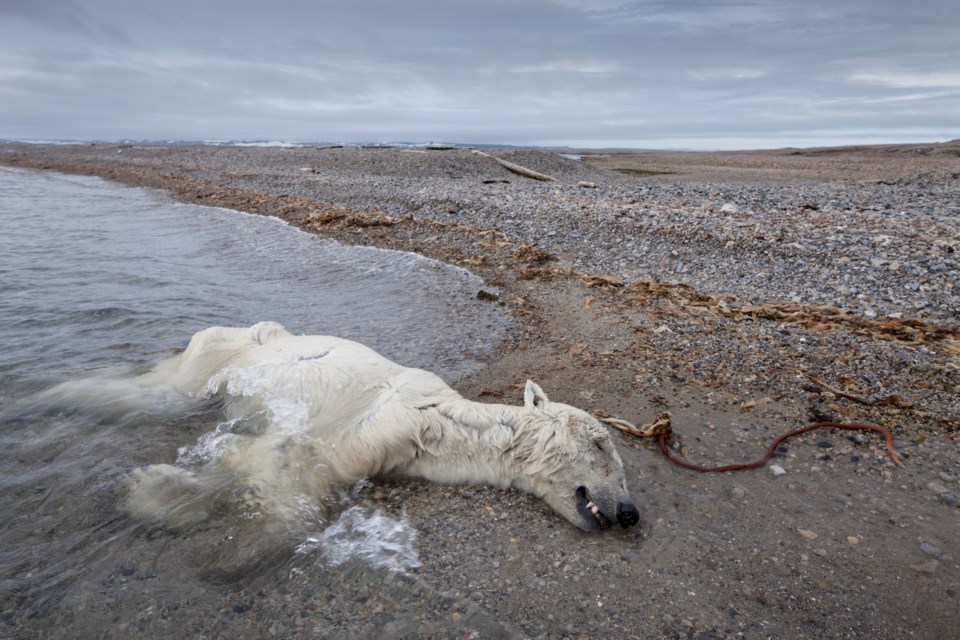In case you have been living under a rock—a federal election has been called for Sept. 20.
If you didn’t know that then maybe you are also unaware that B.C. is on fire, and climate change is literally hitting us over the head right now with record temperatures as well… and then there’s the landslides. But did the Ottawa press gallery at the election announcement ask one question about addressing climate change?
No, they did not.
With the ongoing impacts of COVID-19, the economy remains a top issue for Canadians as we head into this election.
But aren’t we getting this backwards? What is the point of worrying about the economy or housing or childcare or Indigenous rights or anything else if we are literally on fire?
“Code Red,” said a recent report from the Intergovernmental Panel on Climate Change. “The worst is yet to come.”
I may be preaching to the converted in this column, as I believe that the Sea to Sky corridor is more aware of issues around climate change than many other places across Canada.
So the question is, how do we reach those who are not taking climate change seriously, and let’s fervently include our political leaders in this? Canada needs a proper roadmap to tackle the issue facing us and the rest of the world, which includes things like revisiting the $18 billion we gave to the oil and gas sector in 2020. It is incomprehensible to me that Canada provides more public finance for fossil fuels on a per capita basis than any other G20 country except for China.
It is true Canada’s climate plan is allocating $15 billion for clean initiatives over a 10-year period, and it is also true that 75 per cent of all clean technology investment in Canada comes from the natural oil and gas industry. But these are just fig leafs, I’d say.
It is not enough and the changes needed to reduce emission levels are dangerously slow in coming.
Historically, Canada has missed every climate goal it has set, and emissions have barely dropped since 2005. Canada is the only G7 member whose emissions have risen since the 2015 Paris Agreement was signed. Canada’s own government scientists found the oil sands to be the worst source of air pollution in North America.
Then there is coal. Thankfully it looks like Canada is turning the corner on using it for power production, but it remains firmly in use for steel manufacturing. While Ontario and even Alberta have phased it out for power, or are in the process of doing that, Nova Scotia, New Brunswick and Saskatchewan still produce a significant share of their electricity from dirty coal.
International thermal coal contributes 30 per cent of global carbon emissions. Coal remains the largest contributor to climate change and is a major source of toxic pollution, and it’s a real concern this is not going to change—the International Energy Agency in April said global emissions this year could jump by the second-largest amount ever, in part because of a global surge in burning coal for power.
Again, it looks like the will is there to change direction on coal, but we need to speed things up.
So, with an election coming, do we have an opportunity to have a voice? I believe so. At the personal and community level we can only do so much (though kudos to the Comox Valley Regional District, which is considering a resolution not to build gas stations anymore. Could we do this? Is it too late to change direction on the Lil’wat Nation gas station planned for Function Junction?) to change the direction of this flaming fossil-fuel supertanker—we need upper levels of government to put policies in place, hold industry accountable and put the people and the environment first.
Just writing that makes me shake my head… what a naïve hope that a politician would actually do this.
This means political parties need policies—not promises or targets. I’m sick of targets being bandied about as if they mean anything. The track record on those speaks for itself (though at least we have a carbon pricing policy now—about time).
Voting is important. Please actively learn about what each party’s plan is for addressing climate change, looking for action—not targets or promises.





